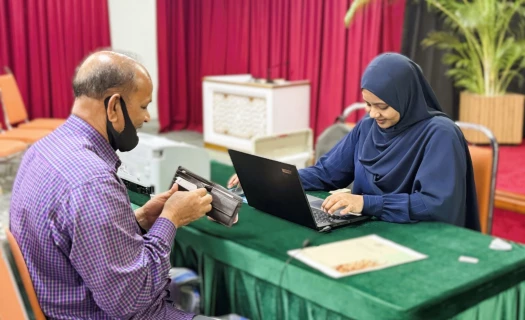Maldives to implement “Aging Policy” to address population shift: Minister Dr. Shiham

Minister of Social and Family Development, Dr. Aishath Shiham, addressed the Re-Framing Aging High-Level Panel Discussion at the Regional Conference on Population Aging held in Bali, Indonesia, on Thursday where she discussed the shifting demographics of the Maldives and its implications.
The event saw participation from key figures, including senior officials from Indonesia and China, Pio Smith, UNFPA’s Regional Director for Asia and the Pacific, and Cherian Mathews, CEO of HelpAge International.
Over 400 delegates from across the region attended the seminar.
In her speech, Dr. Shiham emphasized that the Maldives is approaching an aging population, warning that if the country does not adapt its sustainable development policies to reflect these changes, it could face significant economic and social challenges.
The Minister highlighted the government's commitment to long-term planning, noting that a national "aging policy" is currently being developed.
This policy aims to promote the health and well-being of the elderly population while ensuring that development strategies are inclusive of structural changes needed to support an aging society.
Dr. Shiham also underscored the importance of considering a range of social issues, including climate change, healthcare, and economic pressures, when crafting sustainable policies for population management.
Additionally, she reiterated President Dr. Muizzu’s vision of fostering a "compassionate society" as a vital part of creating a thriving and healthy aging population, which in turn would yield long-term benefits for the nation.
According to the minister, the government is already integrating projects across infrastructure, the economy, and digitalization, and the positive impact of these initiatives will become evident in the future.














